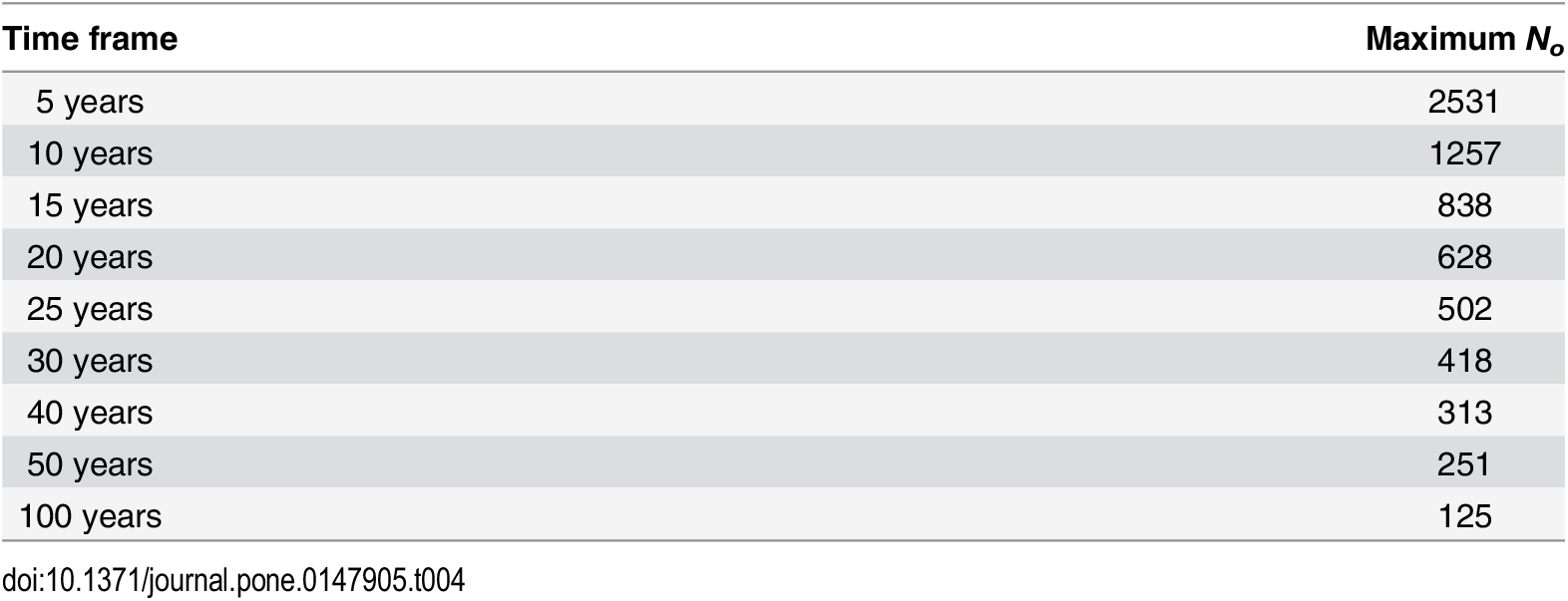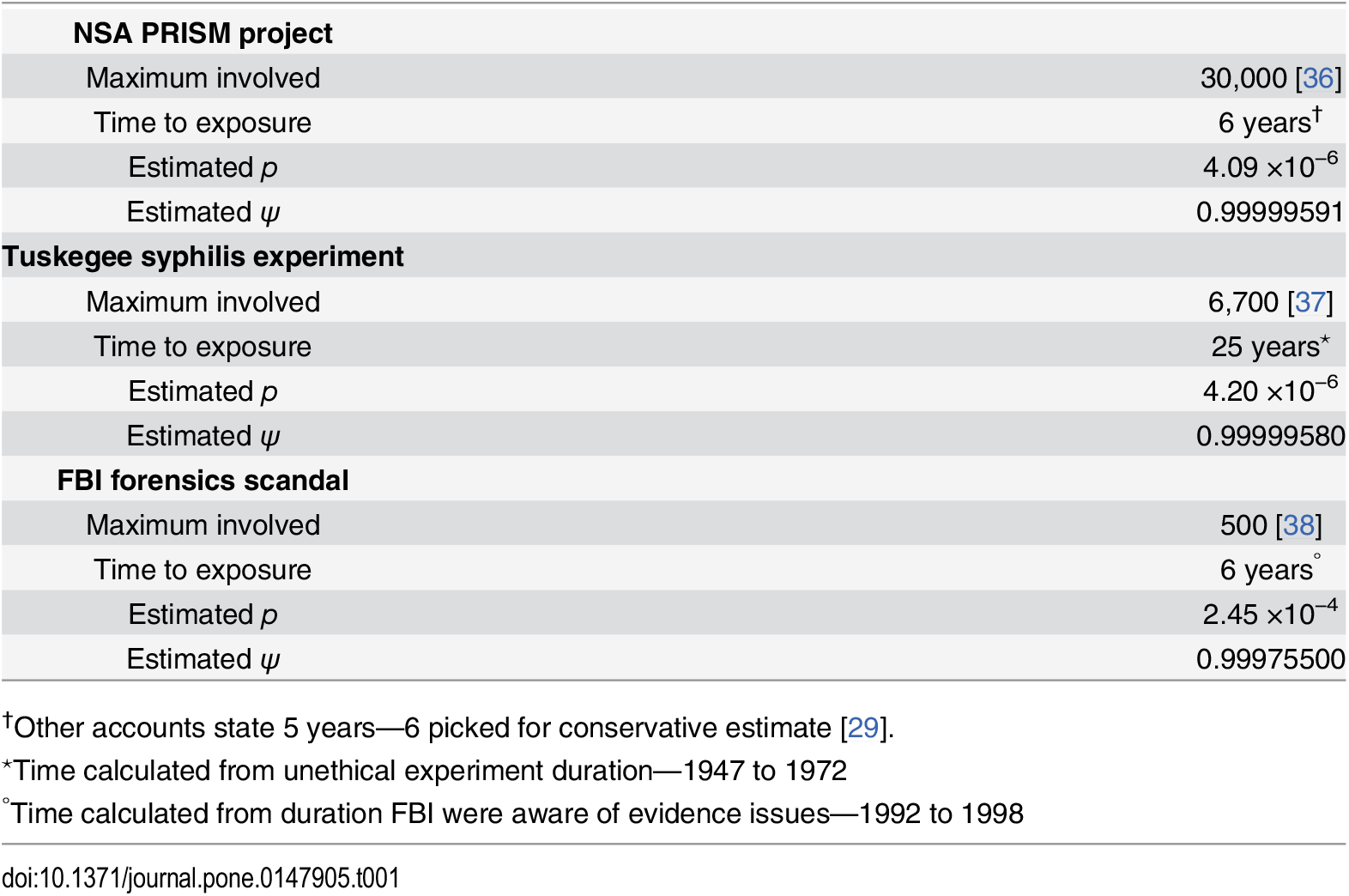This story is meant to be an introduction and background for a short videogame I'm working on.
Our hero works at a secret, hidden facility. The secret is kept among every staff member working there. The involved parties are mostly scientific staff and engineers, but also military staff from countries like USA, EU members, and some Asian and pacific countries (say, NZ, Japan, South Korea—basically, if your country signed stuff like the TPP, your country is in).
The main motivation for the facility is warfare/defense, and so research and development is oriented to build weapons or technologies useful in (conventional) war, quantum computing, chemical and biological warfare, nanotechnology, space exploration, and new energy alternatives (this involves deeply studying quantum mechanics and even further research about the possibility of harnessing zero-point energy).
The technologies developed there were not ready for immediate use, but since Al Qaeda/ISIS have managed to survive and increase their influence, the people at the facility are preparing themselves for the worst (since drones do not seem to be useful now).
The main technology under development was called the Time Wheel, which was named after Carlos Castaneda's work about American shamanism. The "device" is a predictor which would produce highly precise information about the possible outcomes of courses of action at a macroscopic level. The study of quantum coherence and superposition is taking place at a level never reached before. The actual technology involved and experimental mechanics are kept highly confidential (even to the main game character, who never trusted these reckless, political-influenced initiatives).
Our hero was worried since he knew about some new actions taken by the whole facility:
- Security and rescue-trained staff was being hired by dozens.
- Most staff members were told to agree to a number of terms, including:
- Restriction of their civil liberties
- Restricted access to health care outside the facility for a period of five years (even private medical services were restricted).
- Accepting new, hazardous working conditions
- Staff members were made to sign legal documents reinforcing the confidential nature of activities in the facility, and warning of severe punishments and penalties for revealing state secrets.
However, in a huge facility, secrets spread faster than Wikileaks, and the Time Wheel experiment was no exception.
The facility is geographically isolated, and our main character, like most of the staff, lives in temporary residence there (they can return to civilization for holidays or work rotation). He cannot communicate with the outside, except for authorized phone calls (that are likely monitored by the facility's security). His computers are likewise monitored: forget about free-access internet. He learned about the Time Wheel experiment few days ago from gossip among the other staff members. He feared for his safety, but was unable to leave the facility. He also could not allow other staff members to learn that he knew about the project, since he could be jailed (or even executed without trial).
How plausible is it that the experiment was kept secret from a big part of the staff, but that somehow someone was able to leak that information to the hero inside the facility?


